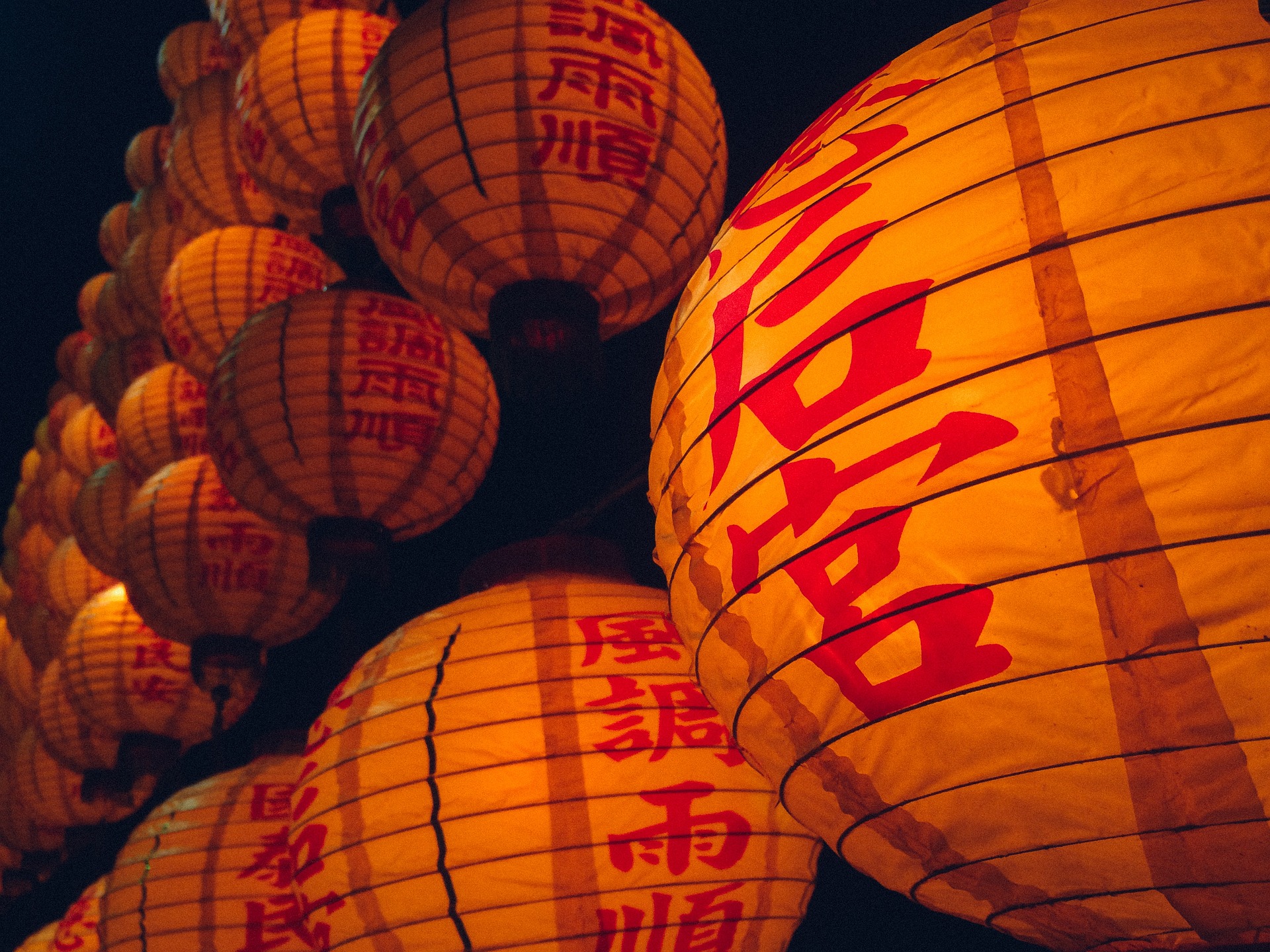The Chinese language has a storied history spanning thousands of years, weaving together a tapestry of literature that reflects the richness and diversity of Chinese culture. From ancient classics to modern masterpieces, Chinese literature has captivated readers around the world with its profound insights, timeless wisdom, and enduring relevance. In this article, we delve into the realm of Chinese letters to uncover 10 influential books that have left an indelible mark on the literary landscape, showcasing the depth and breadth of Chinese language prowess.
1.
"The
Analects" (论语) by Confucius: Widely
regarded as one of the most important works in Chinese philosophy, "The
Analects" is a collection of sayings and ideas attributed to the renowned
Chinese philosopher Confucius. Written over 2,000 years ago, this timeless classic
explores themes of morality, ethics, and governance, providing invaluable
insights into the Confucian worldview and its enduring influence on Chinese
society.
2.
"Journey to the
West" (西游记) by Wu Cheng'en: A beloved masterpiece of Chinese literature,
"Journey to the West" is a sprawling epic that chronicles the
adventures of the mythical Monkey King and his companions as they journey to
India in search of Buddhist scriptures. Filled with fantastical creatures,
colorful characters, and profound Buddhist teachings, this iconic novel has
captivated readers across generations and remains a seminal work in Chinese
literary canon.
3.
"Dream of the Red
Chamber" (红楼梦) by Cao Xueqin:
Regarded as one of the greatest novels in Chinese literature, "Dream of
the Red Chamber" is a sprawling saga that delves into the intricacies of
family, love, and societal change in 18th-century China. With its richly drawn
characters, intricate plotlines, and lyrical prose, this masterful work
continues to enthrall readers with its timeless exploration of human emotions
and relationships.
4.
"Romance of the
Three Kingdoms" (三国演义) by Luo Guanzhong: Set against the backdrop of the Three
Kingdoms period in Chinese history, "Romance of the Three Kingdoms"
is a sweeping epic that chronicles the rise and fall of legendary warlords and
heroes. Filled with political intrigue, military strategy, and heroic deeds,
this monumental work has captured the imagination of readers for centuries and
remains one of the most enduring classics of Chinese literature.
5.
"Water
Margin" (水浒传) by Shi Nai'an: Also known as "Outlaws of the Marsh,"
"Water Margin" is a sprawling tale of rebellion and redemption set
during the Song Dynasty. Featuring a band of 108 outlaws who rise up against
corrupt officials and oppressive rulers, this epic novel is renowned for its
vivid characterizations, thrilling action sequences, and exploration of themes
such as loyalty, honor, and justice.
6.
"The Art of
War" (孙子兵法) by Sun Tzu: Written
over 2,500 years ago, "The Art of War" is a timeless treatise on
military strategy and tactics that continues to influence military leaders,
business executives, and scholars to this day. Filled with profound insights
into the nature of warfare, leadership, and conflict resolution, this enduring
classic offers valuable lessons for navigating the complexities of the modern
world.
7.
"The Plum in the
Golden Vase" (金瓶梅) by Lanling Xiaoxiao
Sheng: Also known as "The Golden Lotus," "The Plum in the Golden
Vase" is a controversial masterpiece of Ming Dynasty literature that
explores the dark underbelly of society through the story of a wealthy merchant
and his illicit affairs. Despite being banned for centuries due to its explicit
content, this novel remains a seminal work in Chinese literature, offering a
candid portrayal of human desires and moral decay.
8.
"Strange Stories
from a Chinese Studio" (聊斋志异) by Pu Songling: A collection of supernatural tales and folk
legends, "Strange Stories from a Chinese Studio" is a treasure trove
of Chinese folklore and mythology. Written during the Qing Dynasty, these
enchanting stories explore themes of love, betrayal, and the supernatural,
showcasing the rich tapestry of Chinese cultural heritage.
9.
"Red Sorghum"
(红高粱家族) by Mo Yan: Winner of
the Nobel Prize in Literature, "Red Sorghum" is a powerful novel that
explores the tumultuous history of 20th-century China through the lens of a
rural family in Shandong Province. With its vivid imagery, lyrical prose, and
evocative portrayal of life during the Japanese occupation and Chinese Civil
War, this modern masterpiece offers a poignant reflection on the resilience of
the human spirit in the face of adversity.
10.
"To Live" (活着) by Yu Hua: Set against
the backdrop of China's tumultuous 20th-century history, "To Live" is
a poignant novel that follows the fortunes of one man and his family as they
navigate the upheavals of war, revolution, and social change. Through the
protagonist's journey from prosperity to destitution and back again, this
moving narrative offers a profound meditation on the essence of life, love, and
survival in the face of overwhelming odds.













0 Comments